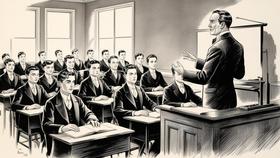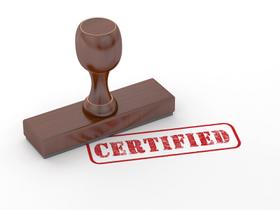One of the basic differences between private and public schools is the fact that most public school teachers belong to a union. Does that make a difference for public school teachers? Does having a unionized faculty benefit schools? How did unions get involved with public education? Are private school faculties unionized? Basically, the question is, should teachers be unionized or not? My answer to that question is "Yes" if you teach in a public school and "No" if you teach in a private school. Let me explain why.
In Public Schools: The Case for Protection and Leverage
Public schools are essentially controlled by the government at the local, state, and national levels. They also are funded by taxpayers at all those levels. So it makes sense for teachers to want and need some protection from and leverage with those three quarters. The most potent protection public school teachers have is their union. Teacher unions also furnish the leverage or negotiating strength necessary to engage administrations in frank discussions about matters like compensation, class size, accountability, etc.
Private schools are funded primarily by the tuition fees paid by their customers, i.e., the parents of their students. Endowments and fundraising make up the delta between what tuition raises and the actual expenses for the school year. Income and expenses must align. Each private school is an independent corporate entity controlled by school trustees, not governments. Each private school has its own particular mission and educational goals. Each school hires teachers

























